|
The last week of each month we focus on a different spiritual practice. This week its gardening! Its a good follow up after exploring last week's post Sacredness Of Creation based on the Community of Christ enduring principle. My father and grandfather were both farmers. Each year my dad would work the family field preparing the soil and planting either soy beans or corn depending on the year. After the long process he would walk out into the field and say a prayer. "Lord I have done all I can do, the rest I leave to you." Farming as well as gardening takes a lot of trust. We can do everything we can to have a fruitful harvest and yet there is an element that we cannot control. My father knew this and hence lifted it up to God. Gardening gets your hands dirty by tilling soil, planting seeds, watering, and weeding. It is a process that takes dedication and care as you step into this sacred space each day to work and relax. It allows us to take time to focus our attention on caring for and improving the earth. We also get to reflect on our own thoughts and sense the divine that is all around and through us. It is in this time where we can meet God in a powerful way. I see so much symbolism in gardening to God nurturing us as individuals as we grow into fruitful beings. Its constant work but work worth the time. We have to be patient just as the divine is with us. Reasons to Garden There are a myriad of reasons to take gardening up as a spiritual practice. The great thing is you get to decide how this spiritual practice is important for you and why you should do it. 1. Ability to Create/ Design A Sacred Space - Gardening is a way for people to use their creative minds in designing and constructing a space which will fit the needs of themselves or their communities. This can also become a sacred space for an individual to meet the divine or to focus on their time with others. 2. Brings People Together/ Creates Community - Gardening is an activity which can be done with others. It can be educational, spiritual, and enjoyable all at the same time. When people get their hands dirty working on a common goal it connects them in a deep way. It creates positive relationships that can lead to further ability to impact the community. When we can create community we are living out the gospel message. 3. Decreases Personal Stress - Gardening can be relaxing as we put the worries in our life aside for a moment. We slow down and take time for the earth and ourselves. A study conducted in the Netherlands by Van Den Berg and Custers took thirty individuals who took a stressful test and immediately afterwards had to either go inside to read or go outside and garden for 30 minutes. The study found those who gardened had lower cortisol levels (stress hormone), and reported overall more positive moods. The stress levels of those who were reading actually increased during that time. 4. Opportunity To Be Generous - Gardens are an easy way to become generous. If you plant an edible garden, harvesting those fruits, vegetables, or herbs/ spices provides an opportunity to give to others. People genuinely appreciate receiving food that has been nurtured and cared for from someone they know. If you plant a flower, water, or some other type of garden than providing the beautiful view can be generous in itself. Again giving flowers away or inviting others into your sacred space can also be ways to be generous with that space. 5. It Makes Our World Better - Gardening puts plants on the earth creating more oxygen for our world. Plants also remove some pollutants from our ecosystems especially through water systems making it a safer place. Gardening provides food and shelter for wildlife. Animals may eat some of the food or use it for shelter benefitting the overall ecosystem. Bees and other pollinators also use gardens and plant life to stay alive. Overall gardening is a good thing for the world. What Types of Gardens Are There? If you are interested in starting this as a spiritual practice than its also a matter of choosing what fits your needs and style. There are many different kinds of gardens so I have chosen a few to give you some ideas. Edible Garden - Growing vegetables, fruit, or herbs/spices. Before you begin planting make sure you research your weather region to know what grows, when to plant, how it grows, how often to water, and the supplies you need. Water Garden - This is interior or exterior water features focusing on growing and showcasing aquatic plant life. If you want to learn how to build one check out "Water Gardening" which gives you instructions on how to build your own. If you wondering what plants to use, go to this article "20 Best Water Garden Plants for Ponds and Fountains" at Happy DIY Home which provides extensive information identifying various plant life that may fit your garden. They also have various articles on gardening that may interest you. Flower Garden - Focuses efforts on creating a beautiful landscape of flowers. This may be a variety of flowers or dedicated to one kind such as tulips, roses, or something else that mixes a myriad of colors. Topeka has a Tulip Time Festival at Ted Ensley Gardens every year highlighting their flowers. You can check out this news article "Tulips in full bloom" from WIBW. Japanese Garden - This type of garden attempts to keep a simple, minimalist natural setting to help people to reflect and be inspired. They are usually comprised of a few different elements and features. The important aspect of this type of garden is the focus on making it a sacred space for all to come and enjoy. A Japanese garden was created in the Community of Christ temple and is open to be seen by those who go there. Urban Garden - For those of you living in the city or urban environment it is still possible for you to take up this practice. Maybe you just have a small space, a rooftop, or know a community garden down the way. Urban gardens provide a ton of benefits for those in a city. In fact they have found urban/ community gardens help improve neighborhood aesthetics, reduce crime, and improve community communication. Check out this article "The Real Value Of Urban Farming (Hint its not always the food)" to read the other benefits. I sincerely hope after reading this you consider whether the spiritual practice of gardening is right for you. I believe it will benefit not only you and your connection to the divine but those around you and the environment. I will end this post with the wise words from Joe Dirt, "Life's a garden, dig it." I appreciate all of you sharing this blog with those you know! The feedback we have received has been awesome!
This week really look at how the spiritual practice of gardening can work for you or an aspect of it you can adopt in your life.
0 Comments
God Is God spoke to me today In the beauty of the hills towering before me Through the colors of the dawn painting the morning sky With the music of the wind whispering through the trees In the movement of the grasses waving to and fro At the sight of the flowers opening to greet the light In the flight of the birds soaring high and higher With the dance of the dewdrops glistening like diamonds In the awe of the rainbow giving us the promise of hope. All of creation speaks of His love I know that God is. - Helen Billings - I watched a documentary on caribou one night when nothing else seemed to interest me. It discussed the declining population because of human expansion and the continued challenges they face each year. One interesting fact they stated was that each year the caribou migrate back to the same area on the Arctic refuge's coastal plain to give birth to their young. This migration is reported to have been happening for over 27,000 years. These caribou, some thousands of miles away somehow instinctively know exactly when to head back and where to go. The migration is not without challenges as wolves and bears hunt the caribou along the way. The caribou stay together and protect one another but ultimately they will lose some of their own. After making the long journey the caribou aggregate together and bring new life to their herds. After a set time the caribou migrate back to the places from where they came. Why not stay in the same place where it is safe? I'm not for sure however I find the communal act of migrating together just as their ancestors did to be fascinating. Maybe its the journey together which is the beauty of their life. Just like the caribou we also our on journey's. When we are aware and open to witnessing God's spirit we can see the incredible ways God is speaking to us through his creation. It's all around us. I think about the shallow root system of redwoods and how these gigantic trees need to intertwine their roots with others trees and plant life to stand. Or how fungi generate partnerships with trees and other plant life creating healthy growth for both of them. All throughout creation God speaks! Community of Christ upholds sacredness of creation as an enduring principle. What does sacredness of creation mean? How does it impact my discipleship? How do we live this principle out with the choices we make in a world driven by consumerism? What does it actually mean to hold to this ideal? Let's explore this idea a little more. Sacredness of Creation Defined Sacredness of creation is highlighted in five parts of this principle. 1. In the beginning, God created and called it good - Nature holds the spirit of God within it. Upholding all of creation as good and sacred helps us understand everything is spiritual. It's not just about us but about everything around us. 2. Spirit and material, seen and unseen, are related - Everything is intertwined together. Creation is a divinely interconnected web throughout the world. How it works is a beautiful mystery. I like to think of Newton's third law "for every action there is an equal and opposite reaction." How does this apply, or does it to the interconnectedness of creation? 3. Creations power to create and destroy reminds us of our vulnerability in this life - God is much bigger than what we know and see in our world. The power of creation humbles us to understand and see the world with a wider and different viewpoint outside of just our own eyes. Knowing we are vulnerable allows us to be vulnerable to others. 4. God is still creating to fulfill divine purpose - Through creation, God is continuing to be actively involved. How awesome is it to think about God continuing to bring about divine purpose in our lives by creating? 5. We join with God as stewards of care and hope for all creation - We have a responsibility to take care of this world and the environment around us. Creation is a gift which should be honored and upheld. As stewards over this creation we work with the divine in continuing to bring hope for future inhabitants. The Beauty of Creation Look outside, really look! Look at the trees, the sky, the birds, the grass. Take in the integral parts of our world that we so often take for granted. Creation is beautiful. This video produced by Lake Cities Community Church brings incredible views of creation together with scripture. Take time to watch the short video to remember the greatness around us in this world and what your role is to make it continue. Living Sacredness of Creation What does it mean to live this principle in our discipleship? Should being good stewards of the earth be a part of Christianity? Ecotheology is a theology focused on the relationship between Christian faith and the environment. It connects our response as individuals to ecological crises to our discipleship. An article by the Student Christian Movement titled "Loving the earth means being good stewards of creation" discusses the connection between love and stewardship of the environment. It seems there is much thought given to how upholding creation in our daily lives can become acts of connecting and following the divine. The blog No-Fuss Healthy Living discusses this very idea with "3 Ways to Exercise Creation Stewardship from a Gospel Perspective." It also provides some simple ways to get started at the bottom of it. You can also check out this article by Devon Baynes titled "Being Good Environmental Stewards No Matter Where You Live" which discusses the importance of doing what you can for the environment. We have a responsibility to take action and respond to the things in this world that create injustice with creation. I encourage you to google or youtube ways in which products are hurting the environment. I will never forget a video I watched of scientists pulling a straw out of a sea turtles nose. Simple things we do make a difference to the sacredness around us. What will you do about it? I hope you all had a wonderful Easter! Please follow us on instagram or twitter if you haven't already.
This week do something good for the environment. Plant some flowers, make a garden, or just celebrate life in the creation around you. This week all across the world people are journeying with Jesus to the cross and will awaken on Sunday to find an empty tomb. The disciples ran when hearing word that the stone had been rolled away. Immediately after seeing the emptiness of the tomb, their thoughts took them to the most reasonable answer, Jesus body was stolen. Only later would they receive clarity to help them truly have their eyes opened to a new understanding of faith. Just as the disciples we have to interpret what that empty tomb means for us and our spiritual walk. I think the experience of the disciples is similar to many going through a faith transition or crisis. Faith Transitions are painful! What we once clung too is now a hurtful remembrance of the changes happening in our beliefs. We feel alone, and lost. Our mind goes back and forth on what to actually live out in our lives. We fear the unknown. Often we feel others seem to not understand forcing us to continue to deny the questioning taking place in our heads. Just as the disciples found, faith is a journey with ever changing knowledge and experiences that lead us to places far beyond our imagination. The empty tomb symbolized new growth as their faith transitioned into something greater. So let's explore the empty tomb and how it relates to faith transitions. This may be small changes in our beliefs to major overhauls. A Journey Of Questions Jesus resurrection always brings many questions. For some its a matter of how the events transpired for others they ask did it really happen. Was this just a way for the early Christians to carry on Jesus' name or was Jesus really the son of God that resurrected on the third day? No matter your stance, the empty tomb brings questioning. When we begin to question our beliefs or ask why we do certain things it can cause uncertainty. Our brains are wired for routine and assurance. It provides stability and safety. However curiosity is a natural part of our spiritual journey and should be upheld rather than discouraged. When it is upheld spiritual communities support and guide individuals to find answers. Here is a short video by Mike Licona who tries to answer the difficult questions presented above with historical evidence giving us one way of how to work through difficult questions in our faith. The Empty Tomb Brings Growth Faith journey's call us to move out into the unknown world beyond our comfort zone. God is the great mystery! So when we find the empty tomb in our life, we are also given a new opportunity for spiritual growth. Spiritual growth comes from seeing with new eyes and responding with faith. Whenever we gain knowledge we grow as individuals. Natasha Helfer Parker's article, "What is a Faith Transition?" provides 6 suggestions for people working through faith crises. She reiterates "shifts in faith are a normal part of the journey." In July 2018, I wrote an article titled "Stages of Faith" reviewing Fowler's 6 stages of faith development. Many times our faith transitions have to do with our own personal development of faith. Thomas Wirthlin McConkie also discusses the development of our faith in this article "In A Mormon Faith Transition." He is the author of the book, "Navigating Mormon Faith Crisis." Interpreting The World Through Jesus It's important to remember the Christian faith is built around Jesus and the life he lived. This defining moment in essence tells us God loves us and will never leave us even through death. It is through Jesus and the interactions he had with others that lead us to know who God is and what we are to be about in this world. It is through the inclusion and welcomeness of Jesus that we interpret the world and our beliefs. Jesus listened, radically welcomed, and questioned the unjust systems in place. He ate with sinners, upheld woman, and spent time with the poor. It is through his life that we learn about God and how to be in relationship with others. Whatever beliefs you have about the empty tomb I find it imperative for you to remember and uphold Jesus and his teachings. This Easter we get the opportunity to interpret and define our lives through Jesus. The empty tomb brings meaning and hope of growth to us all! The divine becomes real and moves us past our original thinking. If you are struggling with your faith, I sincerely hope you find a welcoming community so you can discover and figure out the next steps on your journey. Remember it's a natural and healthy part of our personal development. May we all experience the living Christ in our lives! Happy Holy Week and Easter! I hope this Easter brings you joy!
This week identify what the empty tomb means for you and your walk. |
Please Note The views expressed here are those of the authors and do not necessarily represent or reflect the views of Community of Christ. We believe individuals should be allowed to have their own opinions and be at different places in their faith journey.
Categories
All
Archives
June 2021
|
|
Emporia Ministry
c/o Midlands Mission Center 7615 North Platte Purchase Drive Kansas City, Missouri 64118 Phone: (816) 221-4450 |
Copyright Midlands Mission Center 2024
|
International Headquarters
Community of Christ 1001 West Walnut Independence, Missouri 64050 Phone: (816) 833–1000 or (800) 825–2806 |
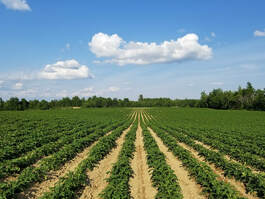
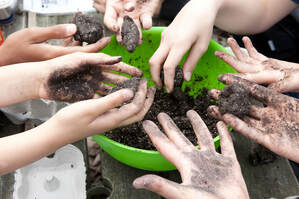
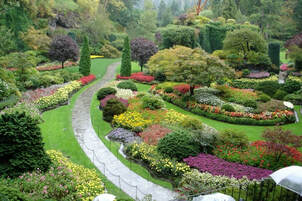
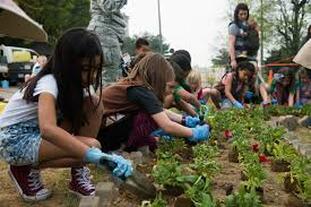

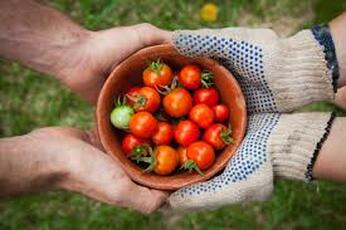

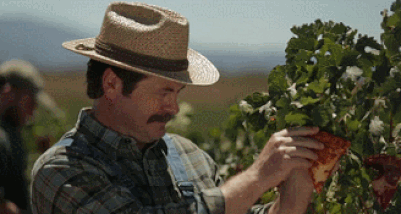
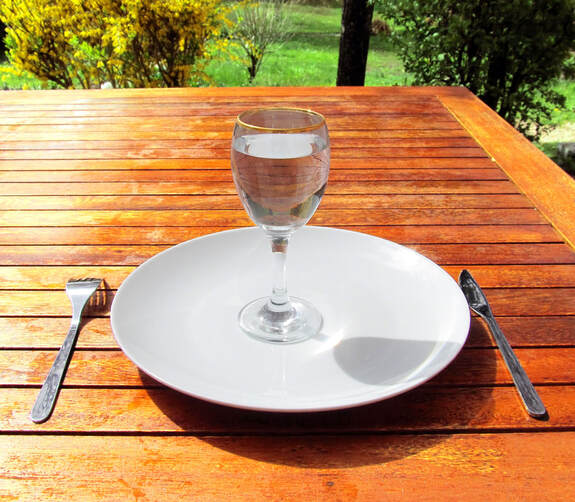
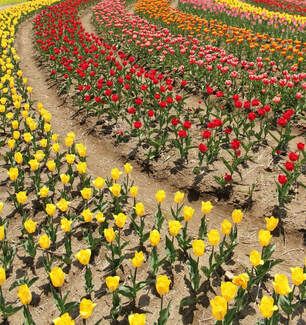
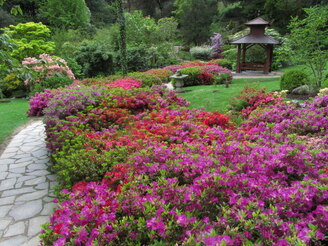
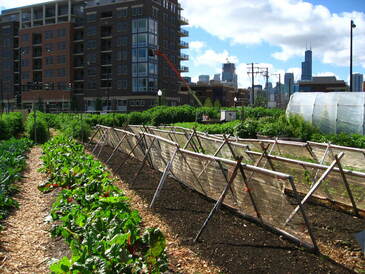
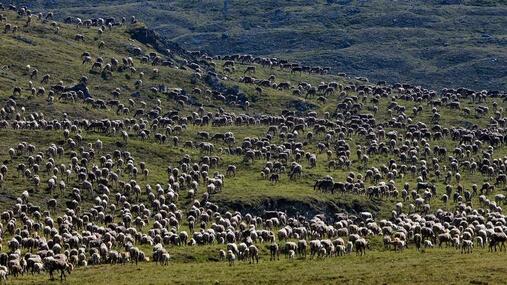


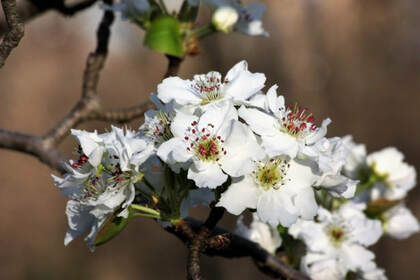

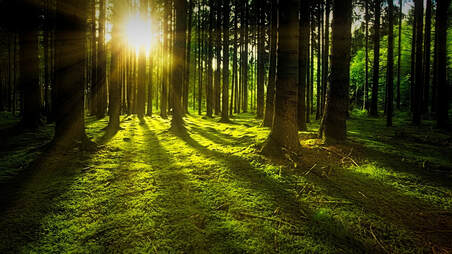
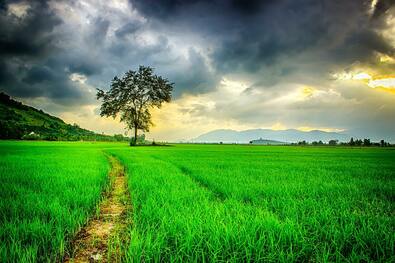
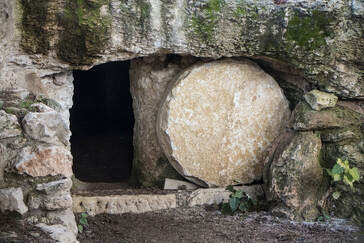



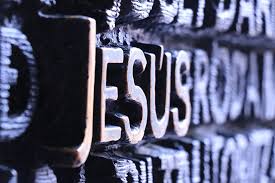


 RSS Feed
RSS Feed
